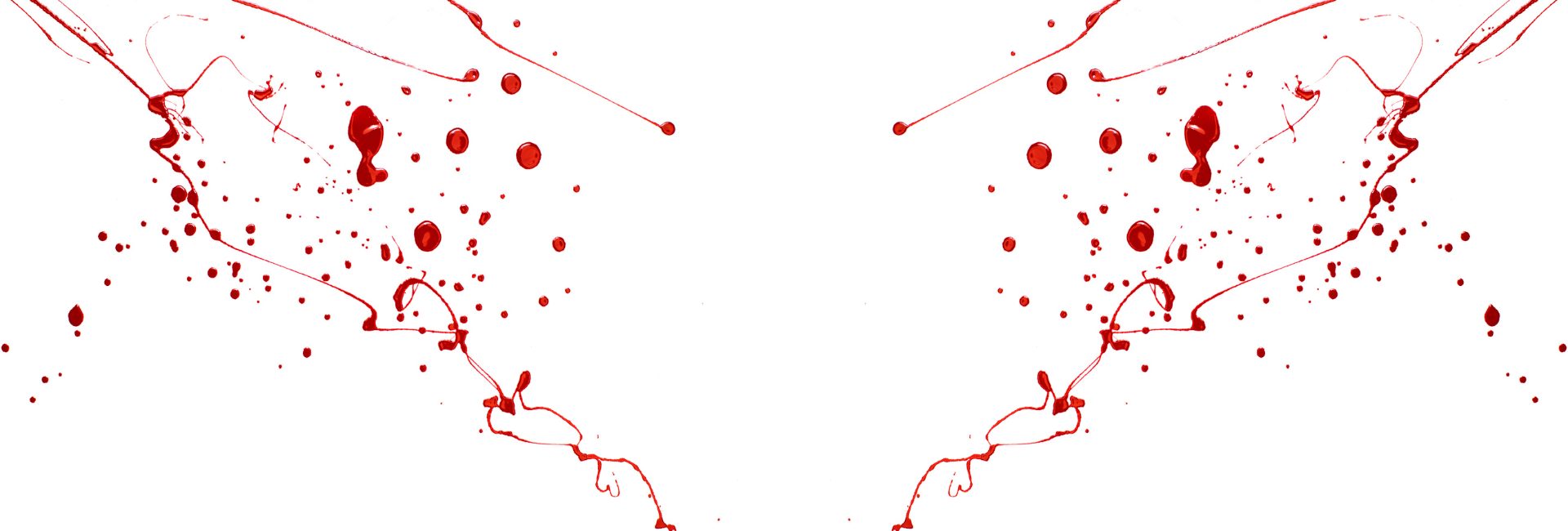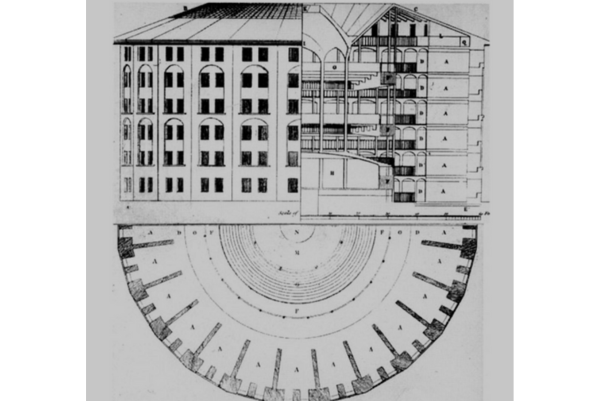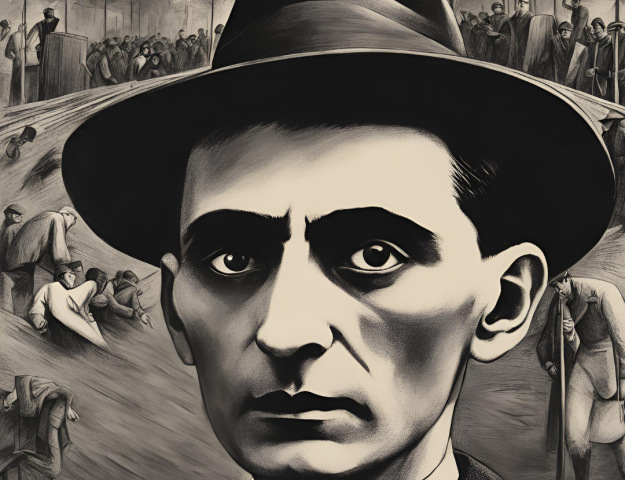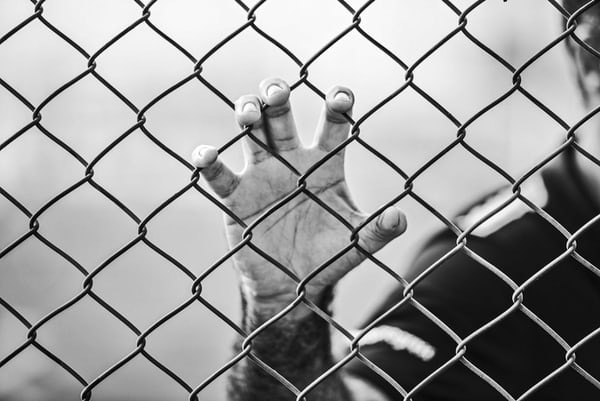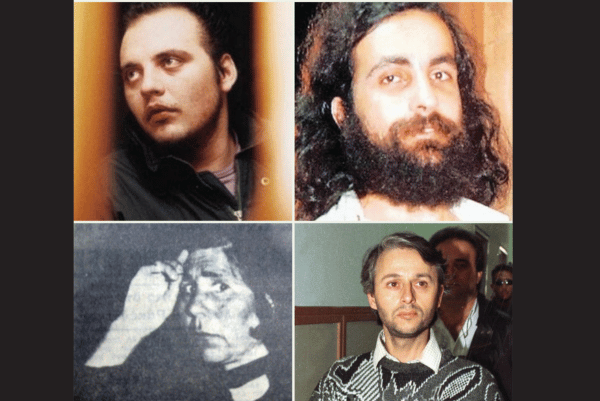In 2021, especially during lockdowns, most of our lives are being conducted online. Online socialisation, online entertainment, online education, online shopping, online payments. It is not something new for any of us by now.
While conducting research for an assignment on Multi-Agency investigations, I was shocked to find the amount of information stored and accessed by government & policing agencies for each and every individual who happens to have a digital footprint.
While reading the Privacy Policies of these agencies, the theory of Panopticism came to mind instantly, and how the theory is closely tied with surveillance today.
For those reading about it for the first time, it might sound weird when I say that the Panopticon is a building. Jeremy Bentham, an English philosopher, social reformer & founder of modern utilitarianism, first came up with the idea in the 18th century. The Panopticon (“all-seeing”) can be described as a type of institutional building (for example a prison), and as a system of control.
This disciplinary concept is brought to life in the form of a central observation tower, which is placed within a circle of prison cells. From inside this central tower, the “guard” can see every single cell and “inmate”, but the inmates cannot possibly see inside the tower. This makes the prisoners never know IF they are being watched, but always feeling like they are.
By individualising the occupants and putting them in a state of constant visibility, the institution maximises its efficiency. Moreover, it guarantees the function of power, even when there is no one actually there to assert it, which means that the Panopticon can function automatically.
In a few words, inside the Panopticon, the occupant of the cell is always the object of information, but never a subject of communication. The underpinning principle, therefore, is that power should be visible and unverifiable.
Paul-Michel Foucault, a French philosopher, took the concept even further. In his book “Discipline and Punish: The Birth of the Prison” (1975), Foucault introduces his readers to the concept of the Panopticism. The Panopticon acted as a metaphor which allowed Foucault to explore the relationships between the systems of social control & people in disciplinary situations, as well as the power-knowledge concept. In Foucault’s eyes, power and knowledge come from observing others.
The result of this observation, or more appropriately worded, surveillance, is the acceptance of regulations and docility. A normalisation of sorts if you will, which stems from the threat of discipline. As mentioned above, “suitable” behaviour, is not achieved through total surveillance, but by panoptic discipline and by inducing a population to conform by the internalisation of this reality. The actions of an observer are based on this monitoring, as well as the behaviours they see exhibited.
The more one observes, the more powerful one becomes.
The real danger for Foucault, was not that individuals are repressed by the social order, but that they are rather “carefully fabricated in it”, and that there is a penetration of power into the behaviour of said individuals.
In the society and age of digital surveillance, the principle is still central inspection. No building is needed, as inspection can be conducted by CCTV and other monitoring devices. Monitoring electronic communications from a central location, that is in itself panoptic.
Having said that however, the relevance of the Panopticon as a metaphor, is beginning to wither when we think about whether contemporary types of visuality are actually analogous to the Panopticon concept.
I’ll raise you a question. Does the fact that we do not know for sure we are being watched, mean that we are being conditioned & normalised in the way that the Panopticon intended to “correct” behaviour?
The scale of NSA & GCHQ operations was not known until the Snowden leaks, which means that the system has become more Panoptic, post-Snowden, simply because we are aware of it.
We might not be feeling exposed when browsing in our personal space, we do not feel that our body of data is under surveillance, but this is only because most of us do not know where that body begins or ends. Without physical ownership, and without an actual sense of exposure, we do not normalise our actions. If anything, operating under the supposed anonymity the Internet provides, means that we do the opposite.
Almost everything around us is able to create a vast amount of data about our personal lives. From smart TV’s and Wi-Fi fridges, to sex toys that are able to connect to our phones and online bank accounts, we provide information. Have a think about the data. It is not only passed back and forth between the objects involved, but it is also finding its way toward government and corporate agencies.
Could this be the reason that more and more people are starting to use the dark web?
It might be embarrassing to say, but when I started my Bachelors (a while ago), I was completely clueless as to that part of the web really was. Luckily enough, one of my main professors was James Martin, an outstanding criminologist, who focuses on crypto markets, the dark web, as well as cyber and organised crime.
During my studies I saw how in recent years, the dark web had become one of the most discussed topics in the circles of cyber security. A lot of research studies, academic sources and media reports choose to focus on the anonymity that enables the facilitation of criminal activities, such as drug markets like Silk Road.
The fact about the dark web that almost no one talks about in such cases though, is that a lot of its users do not perceive it as intrinsically criminogenic, despite their acknowledgement of various kinds of criminal activity that take place in it. There is an emphasis on the achievement of constructive socio-political values through the use of the dark web. This achievement is enabled by various characteristics which are deeply rooted in the dark web’s technological structure, such as privacy, anonymity, and the use of cryptocurrencies.
Yes, these characteristics provide a wide range of opportunities for evil, but also for good causes.
How does the Dark Web work? Simply put, the Dark Web is the only network on the Internet, wherein all network traffic is hidden. This means that with the right tools (which are easily accessible), anyone can carry out any activity without leaving a trace that can be tracked by commonplace technical tools. If anyone gains access to a node, they will be able to see the traffic that runs through it, but not where it comes from, or where it goes to next.
Social activities on the dark web can range from being clearly morally acceptable, some others which may be considered illicit by only some, across all the way to them being considered clearly criminal, based on national and/or international legislative frameworks. We can group these activities in three categories: activism/journalism & whistleblowing, criminal activities in virtual markets, and lastly, cyber security threats (such as botnets, ransomware, etc).
Considering the amount of surveillance we are under daily, the anonymity provided by the dark web can be used for socio-political purposes, and it is a space where individuals can share their social & political beliefs and disagreements, without the fear of retribution, or the government watching them.
You might be thinking, okay, I’ll just go on reddit or another forum and log on with a fake email and a completely made-up name. Yes, this might work for you in Australia, because if your opinions are not in the extreme, no one is likely to care. However, this dark web socio-political belief sharing is necessary in countries with strong state censorship and surveillance against political activists, freedom fighters and even in some cases, journalists. They can use the dark web as a tool in order to communicate with the outside world, encourage social change and political reform, without having their identities disclosed for safety reasons.
We cannot deny that the dark web can present a serious security risk, however, its nature is not criminogenic. A lot of the activities conducted in the dark web, are also present outside of it, in our everyday life, maybe even in your neighbourhood.
Considering the Panopticon theory and the surveillance some countries/states and individuals are under, the dark web can be their only way out, towards a better future.
